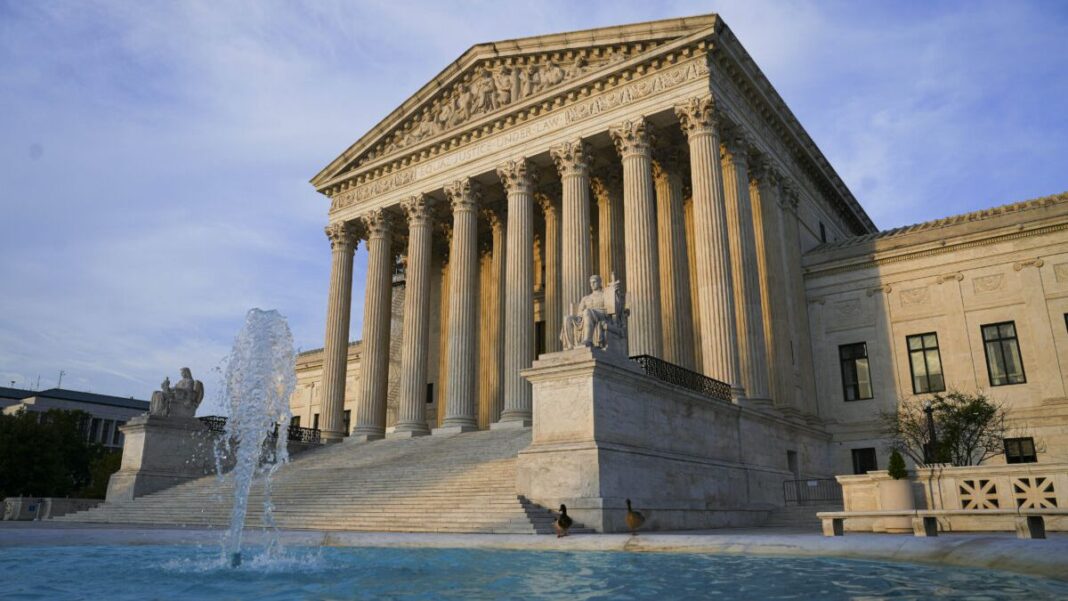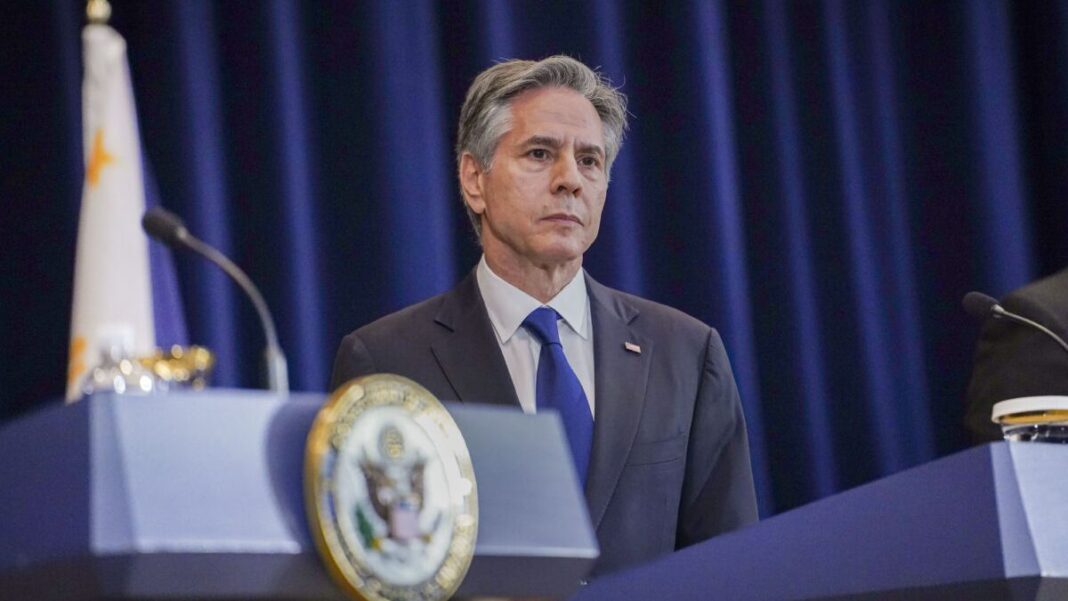The Supreme Court ruled 8–1 on June 23 that Texas and Louisiana may not challenge the Biden administration’s 2021 decision to focus its deportation efforts on individuals deemed to be a threat to public safety.
The new, complex decision allows the government’s selective immigration enforcement policy, which had been blocked by a lower court, to take effect.
The case was one in a series brought by Republican-controlled states that have helped to frustrate Biden administration policies related to immigration and border security.
The Homeland Security Memo
Texas and Louisiana sued the Biden administration over a policy announced in a Sept. 30, 2021, memorandum (pdf) by Homeland Security Secretary Alejandro Mayorkas that claims it is impossible to remove the estimated 11 million illegal aliens present in the United States. Mayorkas has been heavily criticized by Republicans for his allegedly lax approach to immigration enforcement. Some Republicans in Congress want to impeach him for dereliction of duty.
“We do not have the resources to apprehend and seek the removal of every one of these noncitizens. Therefore, we need to exercise our discretion and determine whom to prioritize for immigration enforcement action,” the memo states.
The document prioritizes the arrest and deportation of suspected terrorists, people who have committed crimes, and illegal aliens recently apprehended at the border.
The memo praises the “majority of undocumented noncitizens who could be subject to removal [even though they] have been contributing members of our communities for years.”
“They include individuals who work on the frontlines in the battle against COVID, lead our congregations of faith, teach our children, do back-breaking farm work to help deliver food to our table, and contribute in many other meaningful ways,” it states.
But the states argued that the federal government is illegally refusing to enforce the nation’s immigration laws by prioritizing only certain enforcement categories at the expense of others. They said that the federal Immigration and Nationality Act (INA) requires that specific criminal aliens, such as aggravated felons, must be detained upon release from criminal custody pending a decision on whether to remove them from the country. The law also requires that aliens subject to final orders of removal must be detained pending their removal, they said.







